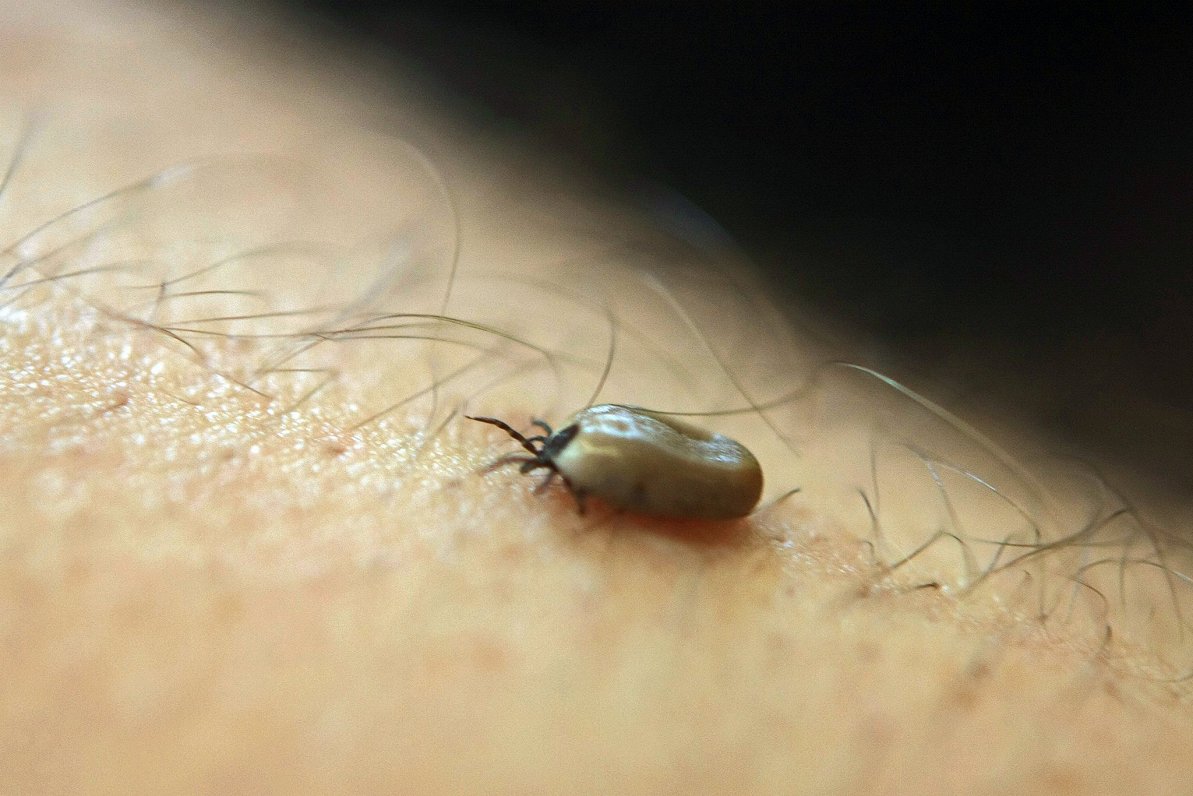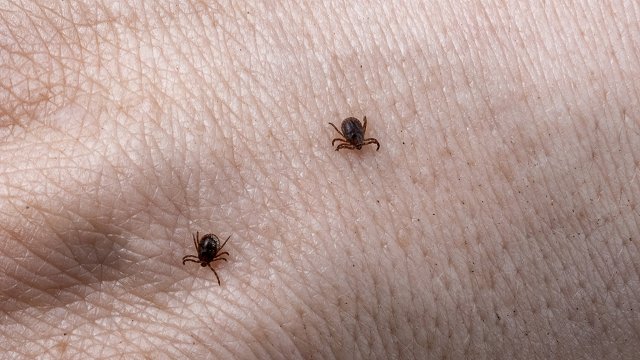Until now, it was recommended that a booster vaccine be received every five years, and every three years for seniors. Now, after the first four vaccines, the interval is ten years, said State Immunization Council (ZVA) head Dace Zavadska.
Latvia has been carrying out national-level research about tick-borne encephalitis since 2016, said Zavadska. "We can brag this time because we are the only country in Europa that has, with national research, proved what others have done regionally," Zavadska said.
Zavadska said the changes also apply to children. Like adults, children have a ten-year gap to the next booster vaccine after the fourth vaccine. Vaccination helps to avoid developing tick-borne encephalitis, which can often be severe.
“Patients are admitted inpatient and the most common form [encephalitis] is meningitis, or inflammation of the fluid in the lining of the brain, which manifests itself in very severe headaches, fever, fatigue, and things like that. Patients often try to get home treatment for the first few days because they only feel temperatures and headaches, but painkillers don't help them most often,” Rīga East Clinical University Hospital's head of neurology and neurosurgery Guntis Karelis said.
The period between tick bite and illness may vary. On average, it is 10-14 days, but scientific literature finds cases where the symptoms develop even after three months.
Encephalitis patients end up in hospitals quite often, but about 10% of patients develop particularly severe neurological disorders, Karelis noted.




























